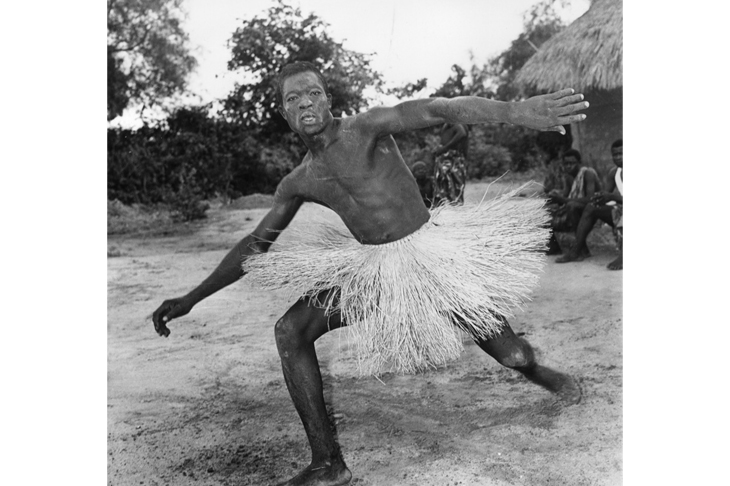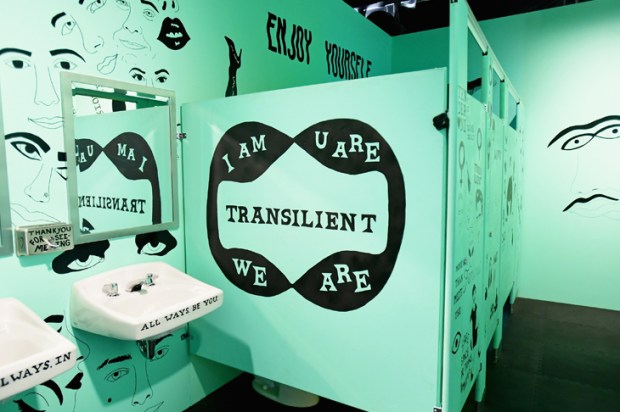A Speccie reader has asked me for the origin of the expression ‘mumbo jumbo’ – and there turns out to be an interesting story behind this. It seems that ‘mumbo jumbo’ comes from a West African language called mandingo or mandika (there are variant spellings). ‘Mumbo jumbo’ was first recorded in English as long ago as 1738 – during the beginning of European colonisation of Africa. The original word was something like maamajomboo, which the English could not quite get their tongues around, so they adapted it into something more manageable. The original meaning of ‘mumbo jumbo’ (according to the Oxford English Dictionary) was: ‘a god or spirit said to have been worshipped by certain West African peoples; a representation of this; an idol.’ To which the Webster’s Third International Unabridged adds that it could also mean: ‘a complicated observance that is often ritualistic and accompanied by elaborate trappings’. Once transferred to English speakers the word came to mean what we know it to mean today: ‘language that is difficult to understand and seems to have no sense’ (Longman Dictionary of Contemporary English). You can see how those early European explorers in West Africa could hear a chanted liturgy in a language they couldn’t understand and dismiss it as a lot meaningless noise. There is one other factor at play here: rhyming reduplication – which gives us such expressions as argy bargy, nitty gritty, willy nilly, and hanky panky as well as mumbo jumbo. English language users seem to just like such rhyming reduplication – perhaps because it is a form of word play (which is always popular) and partly because the rhyme means these expressions are easily remembered.
Got something to add? Join the discussion and comment below.
Get 10 issues for just $10
Subscribe to The Spectator Australia today for the next 10 magazine issues, plus full online access, for just $10.
Contact Kel at ozwords.com.au
You might disagree with half of it, but you’ll enjoy reading all of it. Try your first month for free, then just $2 a week for the remainder of your first year.














Comments
Don't miss out
Join the conversation with other Spectator Australia readers. Subscribe to leave a comment.
SUBSCRIBEAlready a subscriber? Log in